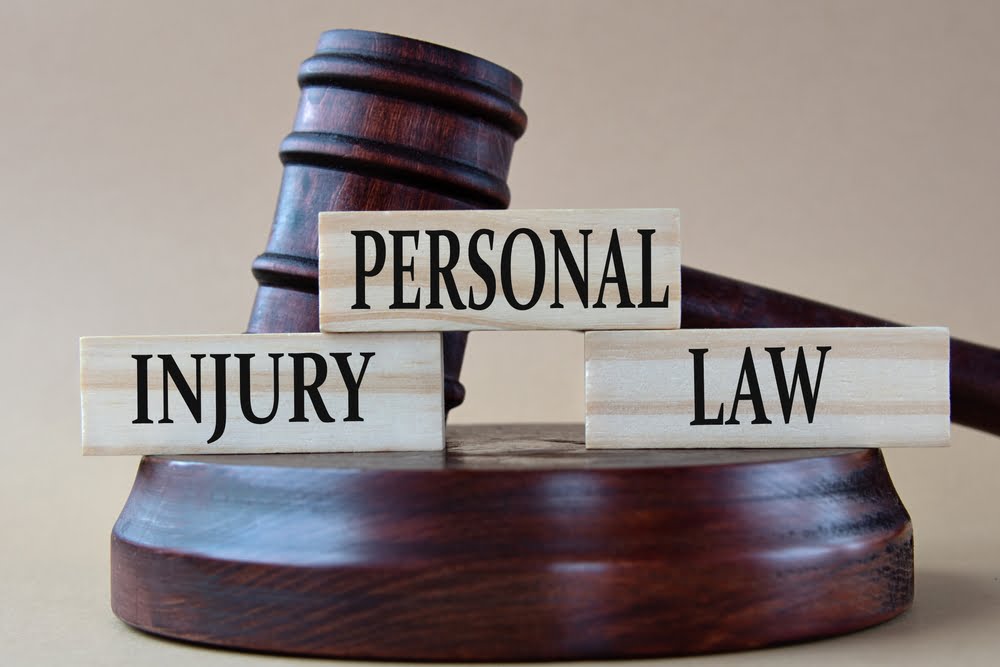There are a few key parts of many personal injury cases that involve gathering information and testimony from various witnesses or participants, and one of the most notable in many such cases is a deposition. And because a deposition is also often one of the most “official” early parts of the process, involving testimony given under oath in a courtroom setting, many clients naturally wonder what happens after a deposition in a personal injury case.
At the offices of William Rawlings & Associates, we’re proud to provide the very best personal injury attorney services available around Salt Lake City, Draper, Provo and nearby parts of Utah. Our experienced team handles needs ranging from auto accident lawyer services to child injuries, dog bites and numerous other injury types, and we walk clients through the entire process – including depositions and everything that comes after them. Here are some basics on what happens at the deposition itself, plus the important next steps after the deposition and what you should be thinking about.

What Happens During Deposition?
For those who are approaching their first deposition, it’s normal to be a bit nervous about the process. It’s important to remember that this is simply a discussion between you and the other parties involved in the case, including both attorneys and possibly an official court reporter. The purpose of this discussion is to get a better understanding of what happened leading up to your injury, as well as any relevant details about the accident itself.
During deposition, you will begin by taking an oath to tell the truth. Then, both sides will have a chance to ask you questions regarding your case. These questions are typically open-ended and can cover various aspects of your life, such as your background, employment history, medical history, and more. You should answer all questions truthfully and to the best of your ability. Your attorney will be present to object to any irrelevant or improper questions.
Furthermore, the deposition will cover the actual events of the accident in question. This may involve questions about how it occurred, any factors that contributed to it, and your overall understanding of what happened. The opposing attorney may also ask you to describe your injuries and provide information about medical treatment you have received.
It’s of paramount importance to be completely honest during the deposition. Lying or providing false information can have serious consequences, including potential perjury charges.
Our next several sections will go over the important steps that are taken after all or most depositions in personal injury cases.
Transcript and Submission
During the deposition, a court reporter will be recording everything that’s said so an official transcript can be created afterward. This transcript will include all questions and responses given during the deposition. After the deposition is completed, this transcript may be used in court or for further evidence gathering.
Once it has been completed, your attorney will review the transcript to ensure its accuracy. Any necessary corrections or changes can be made at this time before submission to the court. This process may take a few weeks in some cases.
Medical Examination
In some cases, the defendant’s insurance company may request that you undergo a medical examination by a doctor of their choosing. This is known as an Independent Medical Examination (IME) and is used to assess the extent of your injuries and any potential pre-existing conditions.
Your attorney can help you prepare for this examination and may also request that a medical professional of your choosing is present as well. It’s important to remember that the doctor performing the IME is not your treating physician and their report may be used against you in court.
Negotiations
After depositions have been completed and all evidence has been gathered, both sides will usually enter into negotiations in an attempt to reach a settlement. This involves discussing the case with each other and trying to come to an agreement on a fair compensation amount.
Your attorney will play a crucial role during this process, advocating for your best interests and fighting for the compensation you deserve. In some cases, mediation or arbitration may be necessary if negotiations fail.
Mediation or Arbitration
As noted, if negotiations are unsuccessful, the next step may be mediation or arbitration. These involve bringing in a neutral third party to help facilitate discussions and potentially come to a resolution.
In mediation, both parties will work together with the mediator to find common ground and come to an agreement. In arbitration, however, the neutral party acts as a judge and makes a final decision on the case after hearing all arguments from both sides.
Settlement or Trial
If the parties are able to reach a settlement through negotiations, mediation or arbitration, then the case will be resolved without going to trial. However, if no agreement can be reached, then the case will proceed to trial where a judge or jury will make a decision on the matter.
Depositions are an important part of any personal injury case and should be taken seriously. It’s important to work closely with your attorney and follow their advice during this process. And remember – even after the deposition is complete, there are still important steps to take before your case is resolved.
At the offices of William Rawlings & Associates, we are committed to providing personalized and comprehensive legal services for our clients in Salt Lake City, Draper, Provo, and nearby parts of Utah. If you have been injured due to the negligence of another party, contact us today to schedule a free consultation with one of our experienced attorneys. Let us fight for your rights and help you receive the compensation you deserve.